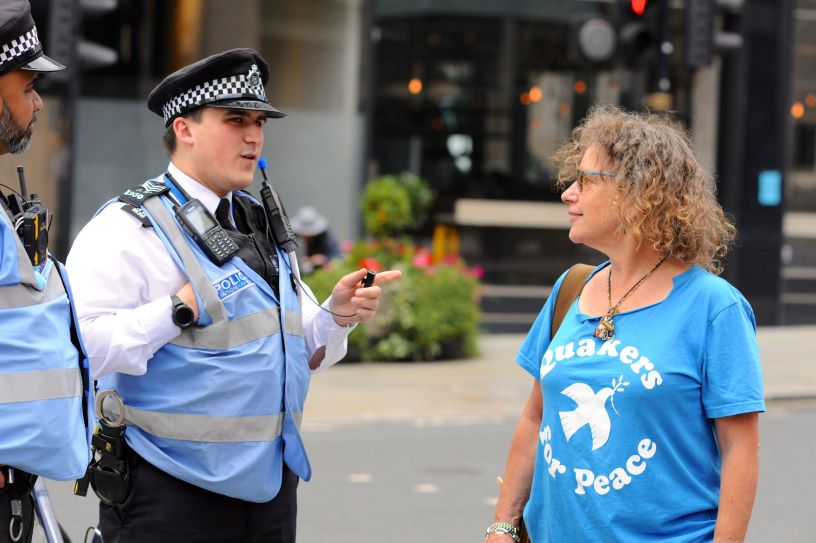Lords throw out key elements of Public Order Bill aimed at stifling protest
The House of Lords this week rejected the worst of the government's draconian Public Order Bill, but many punitive measures remain, including protest banning orders.

During the Lords debates, the government was defeated on trying to introduce new police powers to restrict protests on the grounds that they might become disruptive, effectively criminalising peaceful protest. These have been permanently removed from the bill.
The Lords rejected moves to allow Serious Disruption Prevention Orders (SDPOs) to be imposed on a person who carried out (or helped someone else carry out) activities relating to at least two protests within five years, without conviction. Attempts to get SDPOs removed entirely failed.
His Majesty's Inspectorate of Constabulary has said that SDPOs would be incompatible with human rights legislation and would not create an effective deterrent.
Suspicion-less stop and search was also rejected by the Lords. This would have allowed the police to stop and search anyone in a given area if they believed actions including obstructing a highway or locking on might happen there.
Amendments could still be rejected by MPs
Both these amendments could still be thrown out by MPs as the bill, which finished its passage through the Lords on 7 February, passes back to the Commons. This is a crucial time to influence MPs to keep the positive changes that Peers have made.
Quakers in Britain continue to be seriously concerned about the actions of the UK government in recent years to stifle voices of dissent, undermining democracy.
Ahead of the debates Quakers briefed key Peers, asking them to vote for positive changes to the bill, using a joint briefing (read here) convened by Liberty and signed by over 70 civil society organisations.
They also signed a joint letter to Shadow Home Secretary Yvette Cooper and a joint faith and belief letter to Prime Minister Rishi Sunak.
Recording Clerk of Quakers in Britain Paul Parker said: “We urge the government to consider that this bill undermines the ability of people of faith to follow the Light that illuminates the alert conscience.
“Instead of punishing people who try to recognise and combat the evils that menace social and international life, the government should focus on the causes of the crises they highlight."